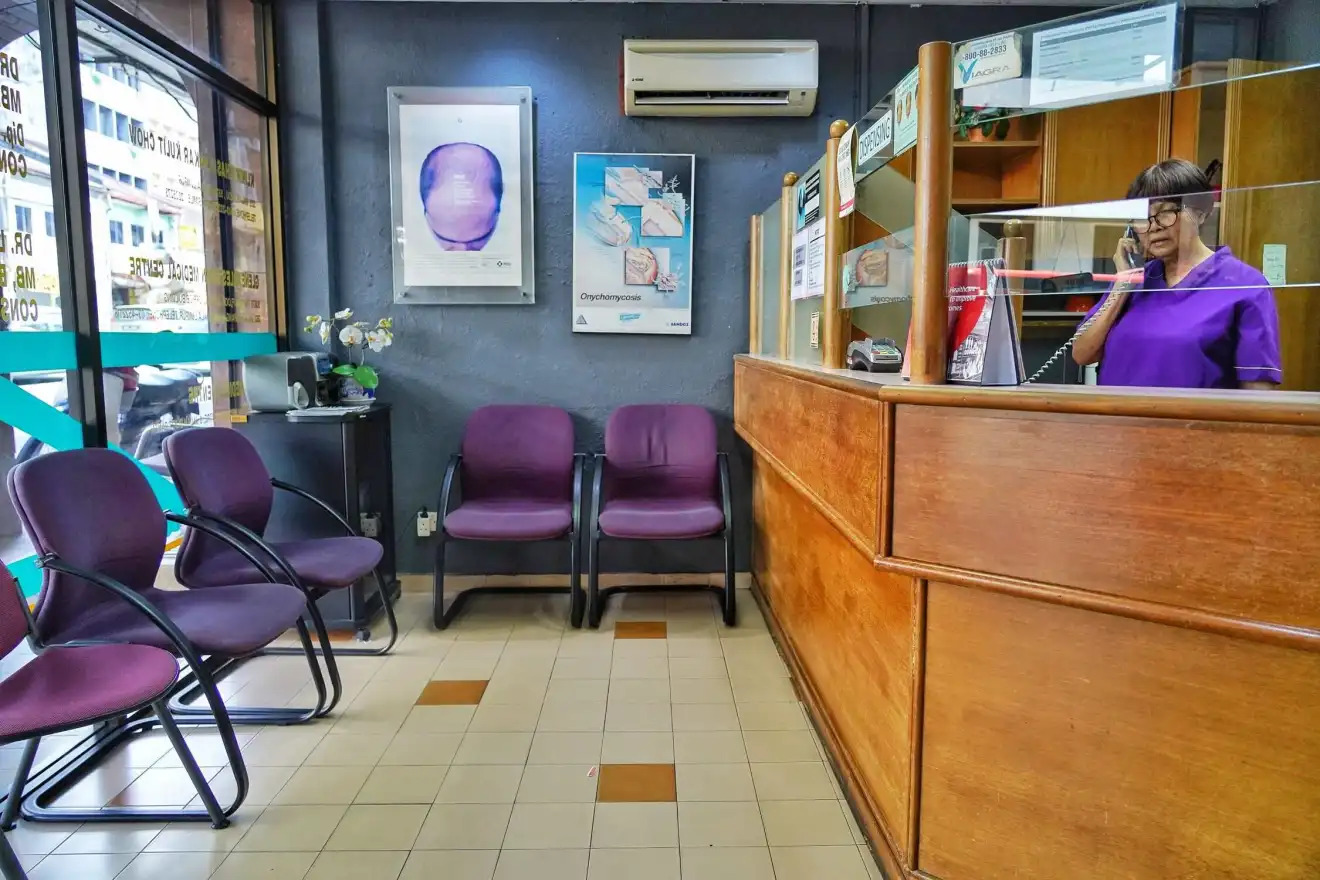


15 groups, mostly medical associations, protest against the medicine price display mandate, saying that if KPDN wants to bring doctors’ professional services under Act 723, then the medical profession must be gazetted as a trade, which will affect care.
KUALA LUMPUR, April 22 — A coalition of 15 organisations, largely comprising medical associations, has opposed the Ministry of Domestic Trade and Cost of Living’s (KPDN) proposal to mandate the display of medicine prices at private clinics, warning that such a move could fundamentally alter the doctor-patient relationship.
The groups argue that enforcing this mandate under the Price Control and Anti-Profiteering Act 2011 (Act 723) risks redefining the medical profession as a trade. They say this could lead to unintended consequences, including the formation of trade unions, the introduction of business-style operating procedures, and a departure from personalised, patient-centred care.
“If KPDN intends to bring doctors’ professional services under the scope of the Price Control and Anti-Profiteering Act 2011 (AKHAP, Act 723), then proper procedure must be followed. This includes the gazettement of the medical profession as a trade — a move which would have far-reaching future implications, including the formation of trade unions and trade protective practices,” said Dr Steven Chow, past president of the Federation of Private Medical Associations Malaysia (FPMPAM) and founding chairman of DRSforALL, in a joint statement issued today on behalf of the 15 groups.
“Thereafter, the one-to-one personalised patient-doctor encounter of today will be a thing of the past. Union rules and business-orientated standard operating procedures will prevail, much to the detriment of today’s tailored patient-centred clinical care.”
Dr Chow cautioned that transforming the medical profession into a trade would undermine the current system of care, which emphasises continuity, ethics, and trust.
“It is important to reaffirm that GP clinics are not retail outlets. Treating the sick is not a commercial transaction. Doctors and their practice of medicine is a strictly licensed profession, governed by a social contract of trust, statutory mandated ethical responsibility, duty and continuity of care between the doctor and the patient. It is not a trade,” he said.
Dr Chow also defended general practitioners (GPs) as the backbone of Malaysia’s health care system, citing their long-standing contributions to public health and community wellbeing. This includes the national methadone programme, led by GPs since 2002, which significantly curbed HIV-related deaths among intravenous drug users.
He said Malaysia’s GP system is widely recognised as affordable, efficient, and patient-focused, but is now under pressure from “unnecessary and disruptive regulatory proposals,” which he said is often driven by large corporate interests.
Dr Chow also criticised a 2022 survey cited by the Federation of Malaysian Consumers Associations (FOMCA), which claimed that medicine mark-ups at private clinics could reach up to 900 per cent, describing the report as “mischievous”.
“Blanket interpretations of such data, without context, can be misleading and serve only to create a toxic environment and to generate mistrust of the very system that delivers reliable, affordable care to successive generations of Malaysians including many of our present leaders and members of Cabinet.
“Doctors do not condone any unethical practices by unprofessional colleagues, but when we want to throw away the dirty bathwater, we should be careful not to throw away the bathtub and the baby as well,” Dr Chow said.
He stressed that GPs already operate under strict ethical oversight, including the Malaysian Medical Council’s (MMC) Good Dispensing Practice Guidelines. These govern the ethical and evidence-based choice and dispensing of medicines within clinics, and require that patients be informed of their right to obtain medication from external pharmacies.
“The public and the Ministry can be rest assured that our doctors remain steadfast in their commitment to treat the sick and to do so in the most cost-effective, caring, and responsible way. Additional layers of regulation will only drive-up health care costs and run counter to national efforts aimed at controlling the cost of living,” he said.
Signatories: